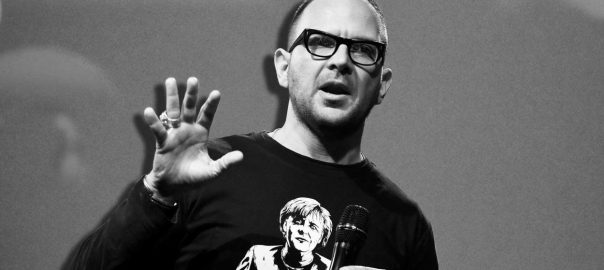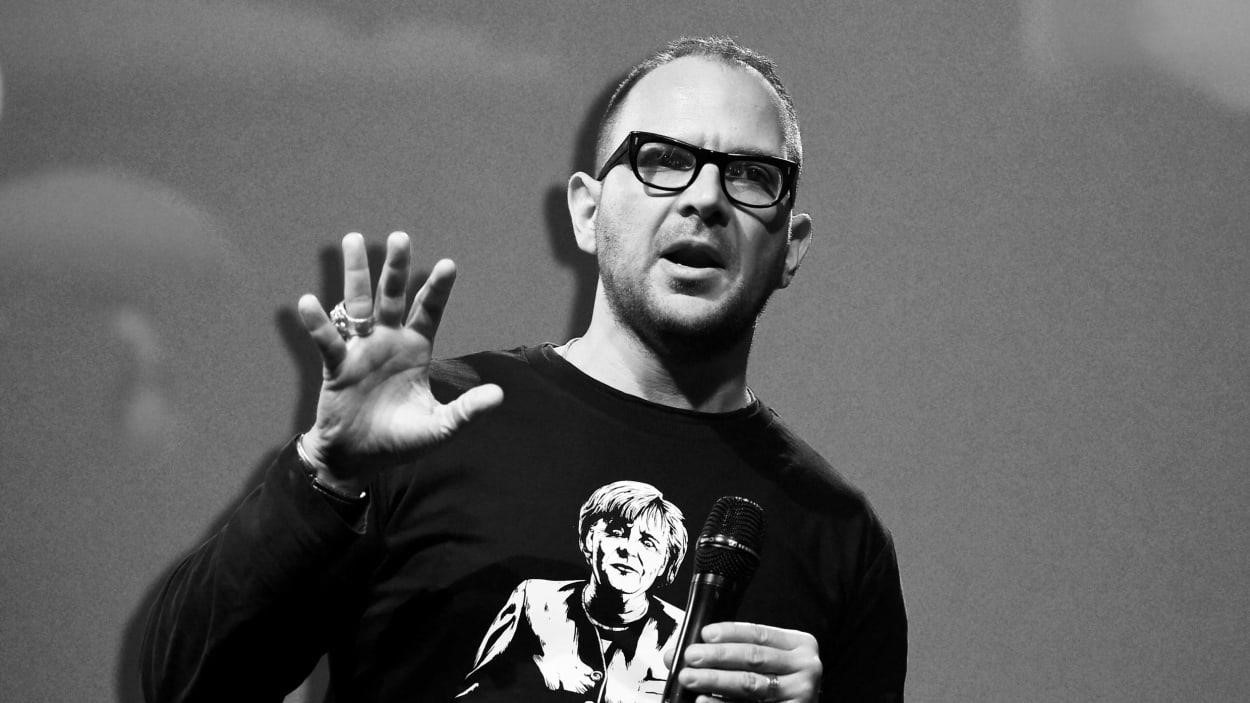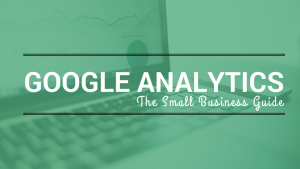By Wilfred Chan
For two decades, Cory Doctorow has led a public fight against draconian copyright laws, monopolistic tech platforms, and surveillance capitalism. But the challenge in trying to stoke a rebellion against the tech giants isn’t just that they’re powerful—it’s that their tactics are so boring. “It is precisely because this stuff is so dull that it is so dangerous,” the prolific author and activist writes in his latest book, The Internet Con: How to Seize the Means of Computation, which was published earlier this month. “This superpower allows them to hide all kinds of ugly stuff in the fine print.”
Doctorow’s talents lie in bringing these arcane policy battles to life—so that by the end of the book, which distills lessons from his 20 years in the internet’s trenches, he hopes we’ll be ready for his “shovel-ready” plans to dismantle Big Tech’s boring dystopia. Fast Company chatted with the left-wing tech writer about how he thinks we can do that, and why he takes inspiration from arch-conservative Milton Friedman. This interview has been condensed and edited for clarity.
Fast Company: You were once more of a techno-optimist. But you argue in your new book that decades of trying to turn Big Tech into “better tech” have been a failure, and it’s time to cut the tech companies down to size. Was there a turning point when you realized the industry needed systemic change?
Cory Doctorow: It was more of a process than a turning point.
There used to be a time when the tech sector could be described as a bunch of “fast companies,” right? They would use the interoperability that’s latent in all digital technology and they would specifically target whatever pain points the incumbent had introduced. If incumbents were making money by showing you ads, they made an ad blocker. If incumbents were making money by charging gigantic margins on hard drives, they made cheaper hard drives.
Over time, we went from an internet where tech companies more or less had their users’ backs, to an internet where tech companies are colluding to take as big a bite as possible out of those users. We do not have fast companies anymore; we have lumbering behemoths. If you’ve started a fast company, it’s probably just a fake startup that you’re hoping to get acqui-hired by one of the big giants, which is something that used to be illegal.
As these companies grew more concentrated, they were able to collude and convince courts and regulators and lawmakers that it was time to get rid of the kind of interoperability, the reverse engineering that had been a feature of technology since the very beginning, and move into a new era in which no one was allowed to do anything to a tech platform that their shareholders wouldn’t appreciate. And that the government should step in to use the state’s courts to punish anyone who disagrees. That’s how we got to the world that we’re in today.
FC: Which leads to your book’s key argument: that we need policy intervention to enable more people to wage “adversarial interoperability” against today’s tech titans. But could we then see these disrupters become the new monopolists?
CD: I think that we can just look to history: Right up to the moment where we started to stop enforcing antitrust law, tech firms were generally pretty competitive. And it was because they were mostly composed of small firms, who were prohibited from buying one another up. They were required to compete by inventing products, not by buying people who have invented products.
If we were to restore the conditions under which tech had to remain nimble, had to continue to be dynamic, and could not form those solidaristic bonds that allowed them to capture their regulators, I think it’s reasonable to think that we would get back the tech that we used to have.
FC: You refer to this in the book as competitive compatibility, or comcom. Is this different from “adversarial interoperability”?
CD: Adversarial interoperability is a phrase I still use. But it’s a hard phrase to say, and especially hard for Germans to say for some reason. And honestly, the Germans are pretty good on this stuff, and forcing them to pronounce this unpronounceable English word salad seemed cruel and needlessly self-limiting. We could use the natural acronym that falls out of adversarial interoperability, but “AI” was already taken. So, we had a little internal brainstorming session and we came up with competitive compatibility—comcom—fun to say, easy to spell, easy to remember. Germans can say it.
FC: Last year Elon Musk bought Twitter, and immediately we saw this huge surge in interest in alternative platforms like Mastodon. But you and I are still regular users of what’s now called X, despite our complaints. What does this say about our odds of fighting back against Big Tech?
CD: Well, it just shows you the limits of making something better. It’s not that Twitter isn’t bad enough to be worth leaving. It’s that leaving costs you so much that you have to give up all the people who follow you and all the people you follow. And that’s not a technical restriction, that is a policy restriction. Because there’s no technical reason you couldn’t use scrapers and bots, to pull in the posts from the people you follow and reply to them without really being a Twitter user. And the thing that stops us from doing that is that there are laws that allow Twitter’s proprietor—this weirdo, I always forget his name—to come after you and destroy you if you did.
FC: I’m on board with you that we need new regulations. But as someone who also writes about debates in tech policy, I know how hard it can be to get people to care. How do we engage them?
CD: Generally speaking, we only care about that stuff when it’s too late. The question of greenhouse gasses ceases to be abstract when your house is on fire, but ideally, we would get worried about it long before that. And so figuring out how to get people to really understand this stuff, before it’s too late, is really tricky. And that’s what I’ve devoted my life to.
I like to steal the best idea that my worst enemy ever had. Milton Friedman, the architect of the neoliberal revolution and the author of all of our misery, said, at times of crisis, ideas can move from the periphery to the center in an eyeblink. Our job as activists is to have good ideas lying around, so that when the crisis occurs, the impossible can become the inevitable. The good news and the bad news is that here in the digital 21st century, we are really living through a great surplus of crisis. And in that world of crisis, there are so many opportunities for us to demand something better.
(6)
Report Post







